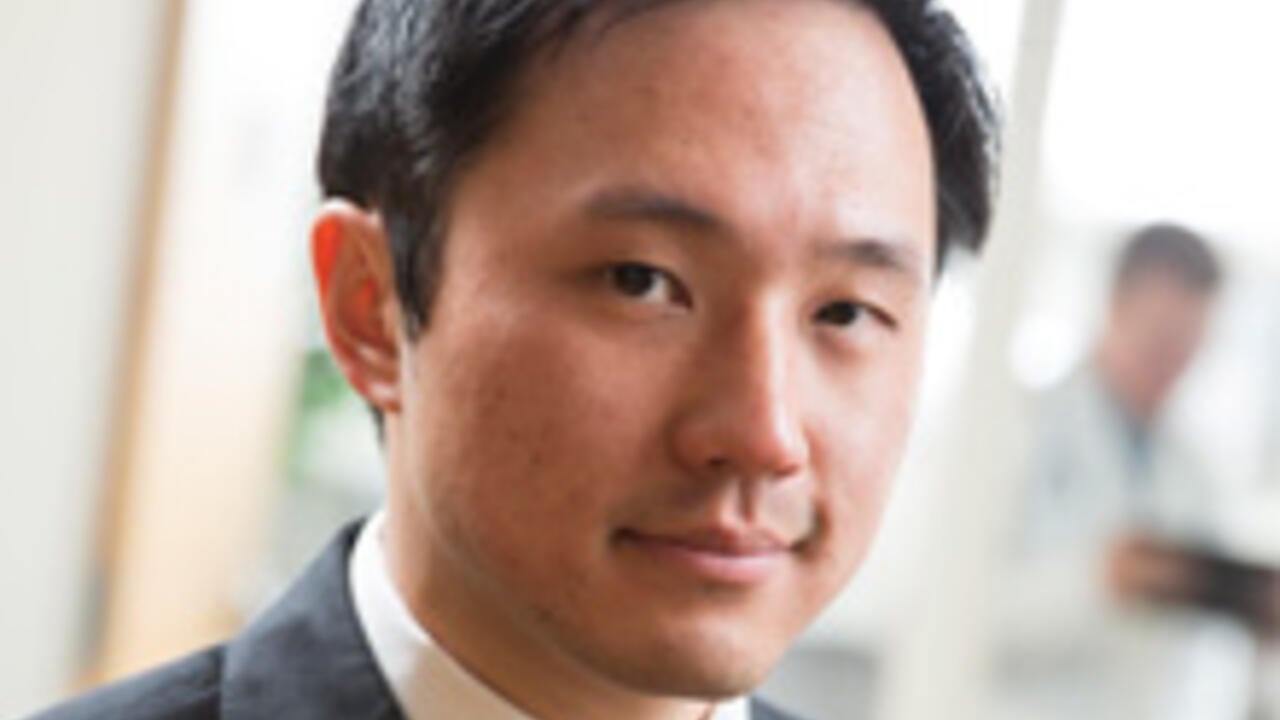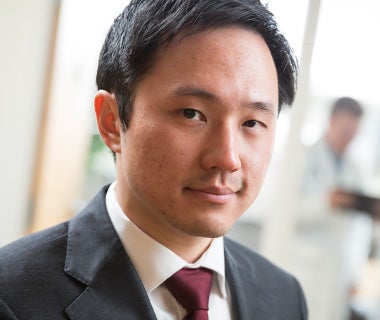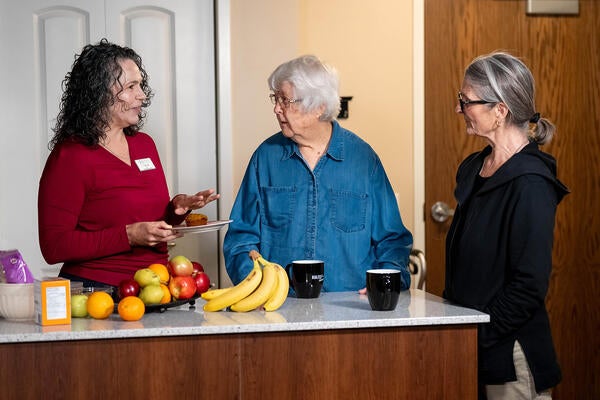
Using data to treat patients right
Waterloo researcher is working to help doctors find the best treatment for their patients – fast.

Waterloo researcher is working to help doctors find the best treatment for their patients – fast.
Joon Lee is changing the way doctors make decisions and patients receive care.

For the last three years, Lee, a health informatics researcher with the School of Public Health and Health Systems, has been collaborating with researchers at MIT to answer some of Boston’s top clinicians’ most difficult questions.
“When doctors are unsure about the best treatment option for a patient and can’t find answers by reading the latest published studies, they turn to our data analytic expertise,” said Lee, an assistant professor in the Faculty of Applied Health Sciences.
Lee and his team are at the forefront of a field that harnesses the power of information technology to analyze health data and provide doctors with answers that would take years to obtain through clinical trials.
Waiting too long
“The whole clinical trial process takes way too long,” said Lee. “First you have to wait for the trials to be completed, which can take years, then you have to wait for the results to be published, so add another year or two. After all that, how do you know the results are even applicable to your patient with a unique set of complications?”
That’s where health informatics comes in. By gathering and analyzing data on different treatment outcomes across a defined field of patients, there is potential to make specific recommendations to clinicians.
For Lee, this is the future of health care.
On the front lines
“Eventually our goal is to automate the analytic process and make it accessible to clinicians on the front lines of care,” he said. “Doctors would have answers at their fingertips.”
But before this can happen, data from institutions and practices must be gathered and centralized.
“The process is still very manual,” admitted Lee, who has been helping to manage and mine a hospital-specific database in Boston.
While many hospitals are moving towards electronic databases, a centralized database spanning institutions would allow informatics researchers to provide even more accurate recommendations to clinicians.
“It’s not going to happen overnight,” said Lee. “But governments are offering incentives to hospitals to start building these databases.”
In the meantime, Lee will continue to work with clinicians on a case-by case basis. “My job is to provide answers. There is always something to learn from data.”

Read more
How machine learning empowers collaboration between computer science, math and medical research

Read more
Dr. Heather Keller discusses the need to transform mealtimes in Canada’s long-term care homes from a service to a meaningful form of care

Read more
“I’m just like you.”
The University of Waterloo acknowledges that much of our work takes place on the traditional territory of the Neutral, Anishinaabeg, and Haudenosaunee peoples. Our main campus is situated on the Haldimand Tract, the land granted to the Six Nations that includes six miles on each side of the Grand River. Our active work toward reconciliation takes place across our campuses through research, learning, teaching, and community building, and is co-ordinated within the Office of Indigenous Relations.